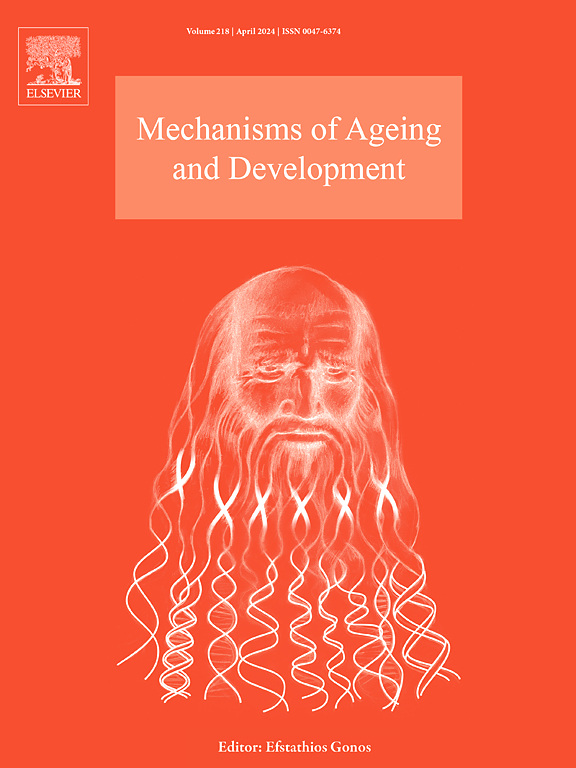The EZH2/MCM Complex/hTERT axis facilitates hepatocellular carcinoma progression by inhibiting cellular senescence
IF 5.1
3区 医学
Q2 CELL BIOLOGY
引用次数: 0
Abstract
The complex pathogenesis of hepatocellular carcinoma (HCC) limits the effectiveness of current therapies. Through RNA sequencing of cancerous and adjacent non-cancerous tissues from six HCC patients, we identified a significant upregulation of MCM2–7 genes, which encode proteins that form the MCM complex, a DNA helicase involved in DNA replication and cell cycle progression. We focused on MCM2, MCM3, and MCM7, and observed that knockdown of these proteins inhibited HCC cell proliferation. Further analysis revealed a critical regulatory axis involving EZH2, the MCM complex, and hTERT. EZH2 was found to be highly correlated with MCM complex gene expression and directly bound to the MCM gene promoters, regulating their expression. This EZH2/MCM complex/hTERT axis may play a key role in suppressing cellular senescence, thereby promoting HCC progression. Knocking down MCM complex genes reduced hTERT expression, inducing HCC cell senescence and enhancing the therapeutic efficacy of sorafenib. These findings suggest that the EZH2/MCM complex/hTERT axis could serve as a novel therapeutic target for HCC.
EZH2/MCM复合物/hTERT轴通过抑制细胞衰老促进肝细胞癌的进展
肝细胞癌(HCC)复杂的发病机制限制了当前治疗的有效性。通过对6例HCC患者癌变组织和邻近非癌变组织的RNA测序,我们发现MCM2-7基因显著上调,该基因编码形成MCM复合物的蛋白质,MCM复合物是一种参与DNA复制和细胞周期进程的DNA解旋酶。我们将重点放在MCM2、MCM3和MCM7上,观察到敲低这些蛋白可抑制HCC细胞增殖。进一步分析发现了一个涉及EZH2、MCM复合体和hTERT的关键调控轴。EZH2与MCM复合体基因表达高度相关,并直接结合MCM基因启动子,调控其表达。EZH2/MCM复合物/hTERT轴可能在抑制细胞衰老中发挥关键作用,从而促进HCC的进展。敲低MCM复合物基因可降低hTERT表达,诱导HCC细胞衰老,提高索拉非尼的治疗效果。这些发现提示EZH2/MCM复合物/hTERT轴可以作为HCC的一种新的治疗靶点。
本文章由计算机程序翻译,如有差异,请以英文原文为准。
求助全文
约1分钟内获得全文
求助全文
来源期刊
CiteScore
11.10
自引率
1.90%
发文量
79
审稿时长
32 days
期刊介绍:
Mechanisms of Ageing and Development is a multidisciplinary journal aimed at revealing the molecular, biochemical and biological mechanisms that underlie the processes of aging and development in various species as well as of age-associated diseases. Emphasis is placed on investigations that delineate the contribution of macromolecular damage and cytotoxicity, genetic programs, epigenetics and genetic instability, mitochondrial function, alterations of metabolism and innovative anti-aging approaches. For all of the mentioned studies it is necessary to address the underlying mechanisms.
Mechanisms of Ageing and Development publishes original research, review and mini-review articles. The journal also publishes Special Issues that focus on emerging research areas. Special issues may include all types of articles following peered review. Proposals should be sent directly to the Editor-in-Chief.

 求助内容:
求助内容: 应助结果提醒方式:
应助结果提醒方式:


